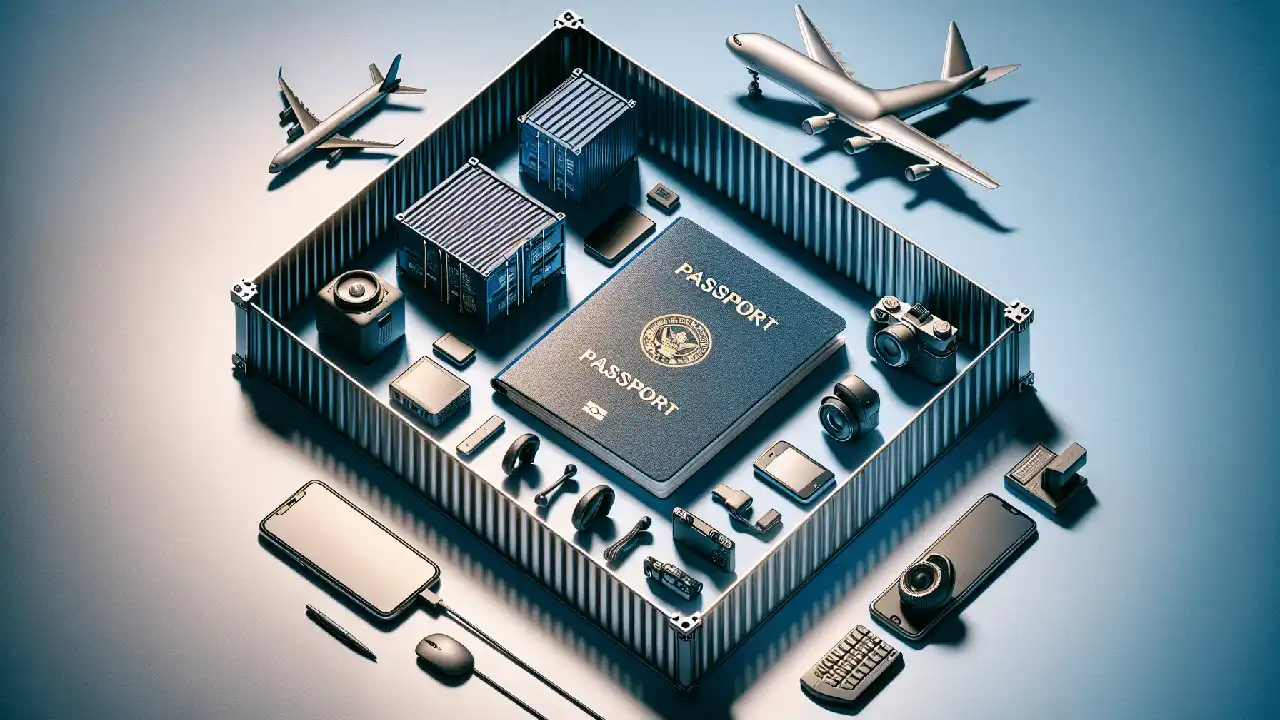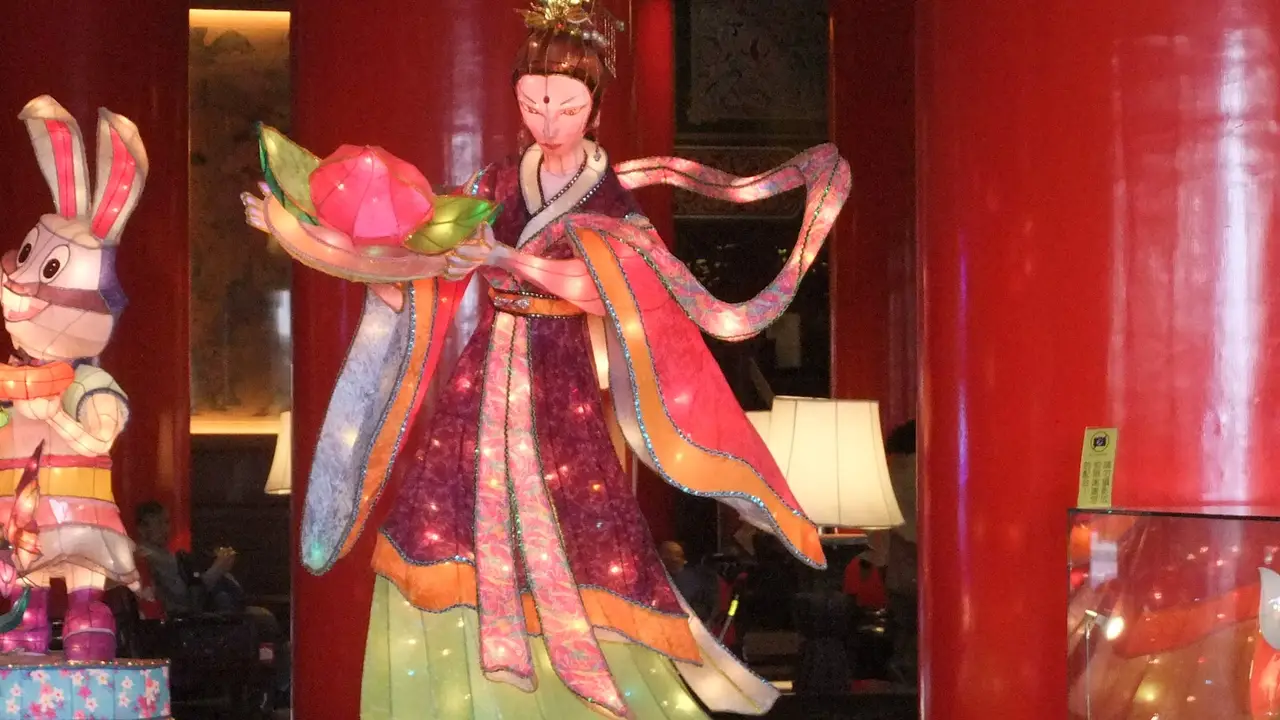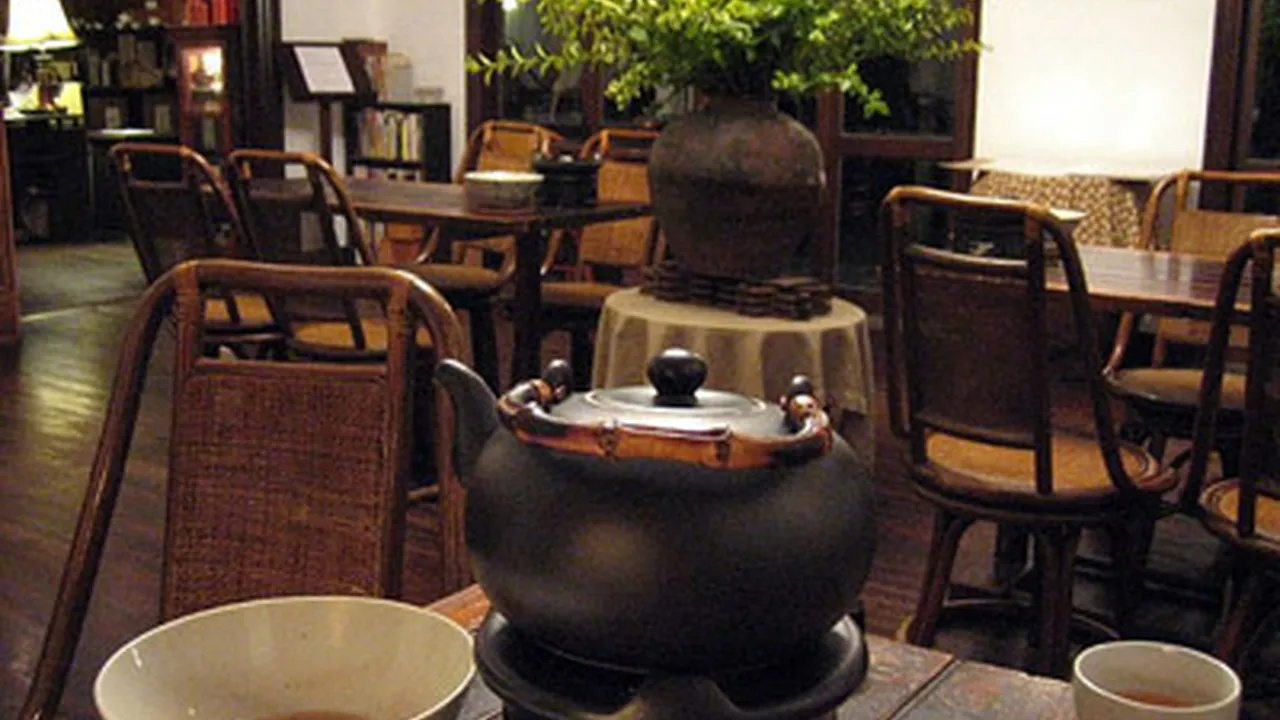Taiwan Bargaining: How to Negotiate Prices
Sample meta description.

Understanding the Art of Bargaining in Taiwan A Key to Local Markets and More
So, you're heading to Taiwan and itching to snag some sweet deals, huh? Awesome! Bargaining isn’t just about saving money; it's a cultural experience, a dance between buyer and seller. While Taiwan isn't quite the haggling haven you might find in some other parts of Asia, knowing how to negotiate can definitely score you some discounts, especially in traditional markets and smaller shops. Let's dive in!
Where Can You Bargain in Taiwan Unlocking Hidden Savings
Okay, first things first, where can you actually try your luck? Think traditional markets (like night markets and morning markets), smaller independent shops, and sometimes even souvenir shops. Don't expect to bargain in department stores, chain stores, or restaurants. Those prices are pretty much set in stone. But anywhere else, give it a shot! The worst they can say is no.
The Right Mindset for Bargaining Channeling Your Inner Negotiator
Before you even utter a word, get your head in the game. Bargaining is a game! Be friendly, respectful, and show genuine interest in the product. A smile goes a long way. Also, do your research beforehand. Knowing the average price of similar items will give you a better starting point. And most importantly, be prepared to walk away. That's your ultimate bargaining chip. If they know you're not desperate, they're more likely to budge.
Essential Taiwanese Phrases for Bargaining Mastering the Local Lingo
Knowing a few basic Taiwanese phrases can seriously boost your bargaining power. Here are a few to get you started:
- “Duo shao qian?” (多少錢?) - How much?
- “Tai gui le!” (太貴了!) - Too expensive! (Say it with a playful tone!)
- “Ke yi pianyi yidian ma?” (可以便宜一點嗎?) - Can you make it a little cheaper?
- “Zhe ge zenme yang?” (這個怎麼樣?) - How about this price? (Suggest a lower price)
- “Xie xie” (謝謝) - Thank you (Always be polite, regardless of the outcome)
Don't worry about perfect pronunciation. Even a clumsy attempt shows respect and effort, which can work in your favor.
Bargaining Tactics That Work in Taiwan Strategies for Success
Alright, let's get down to the nitty-gritty. Here are some tried-and-true tactics to employ:
- Start Low, But Not Ridiculously Low: Offer a price that's noticeably lower than the asking price, but not so low that it's insulting. Aim for around 20-30% lower to start.
- Be Friendly and Engage in Conversation: Build rapport with the seller. Ask about their day, compliment their products, and make them feel like you're not just trying to rip them off.
- Point Out Minor Flaws (Even if They're Not There): Subtly mention any imperfections you see (or imagine). "Oh, is this stitch a little loose?" This gives you leverage to negotiate a lower price.
- Buy in Bulk: If you're buying multiple items, offer to buy them all at a discounted price. "I'll take three if you give me a good deal."
- The "Walk Away" Technique: If you're not happy with the price, start to walk away. Often, the seller will call you back with a better offer.
- Cash is King: Paying in cash gives you more bargaining power. Sellers often prefer cash because they avoid credit card fees.
- The "Final Offer" Gambit: Make a final offer and stick to it. "This is the most I can pay." Be confident and unwavering.
- Don't Be Afraid to Bundle: Ask if they'll throw in something extra for free, like a small accessory or a discount on your next purchase.
Common Mistakes to Avoid When Bargaining in Taiwan Pitfalls and How to Dodge Them
Bargaining is an art, and like any art, there are mistakes to avoid. Here are a few common pitfalls:
- Being Rude or Aggressive: Remember, you're negotiating, not demanding. Politeness is key.
- Bargaining Over Small Amounts: Don't haggle over a few dollars. It's not worth the effort and can be seen as disrespectful.
- Backing Down Easily: If you make an offer, stick to it. Don't let the seller pressure you into paying more than you're comfortable with.
- Not Knowing the Value of the Item: Do your research beforehand so you know what a fair price is.
- Bargaining in the Wrong Places: As mentioned earlier, don't try to bargain in department stores or chain stores.
Beyond the Markets Bargaining for Services in Taiwan
While bargaining is most common in markets, you might be able to negotiate the price of certain services, such as taxi fares (especially for longer trips) or accommodations in smaller guesthouses. It's always worth asking politely if there's any room for negotiation.
Recommended Products and Bargaining Scenarios in Taiwan Maximizing Your Savings
Let's get specific. Here are a few products you're likely to encounter in Taiwan and how to approach bargaining for them:
Night Market Apparel Bargaining for Fashion Finds
Night markets are a treasure trove of clothing, from trendy t-shirts to stylish accessories. Let's say you're eyeing a cool graphic tee priced at NT$300. Start by asking "Duo shao qian?" (How much?). When they say NT$300, respond with "Tai gui le!" (Too expensive!). Then, try offering NT$200. They might counter with NT$250. You can then say, "Zhe ge zenme yang? NT$220?" (How about this price? NT$220?). If they still hesitate, start to walk away. They might just call you back with that NT$220 offer!
Tea Sets and Souvenirs at Jiufen Old Street Negotiating for Traditional Treasures
Jiufen Old Street is famous for its tea houses and souvenir shops. A beautiful tea set might be priced at NT$800. Compliment the set, then ask if they have any similar sets with minor imperfections (even if you don't see any). This gives you an opening to say, "Ke yi pianyi yidian ma? This one has a small scratch." (Can you make it a little cheaper? This one has a small scratch.). Offer NT$600. They might counter with NT$700. Try the "final offer" gambit: "NT$650 is the most I can pay."
Jade and Jewelry at Local Markets Securing Unique Finds
Bargaining for jade and jewelry requires a bit more knowledge and caution. It's crucial to understand the quality and value of the stones. Research beforehand! Let's say you're interested in a jade pendant priced at NT$1500. Ask about the jade's origin and quality. Then, offer NT$1000, explaining that you've seen similar pieces for that price elsewhere. Be prepared to negotiate back and forth, and don't be afraid to walk away if you're not comfortable with the price.
Product Recommendations and Price Comparisons
Here are a few specific product recommendations you might find in Taiwan, along with price ranges and comparisons:
Oolong Tea Types, Prices, and Where to Buy
- Ali Shan High Mountain Oolong: This is a classic Taiwanese oolong known for its floral aroma and smooth taste. Expect to pay between NT$800-NT$2000 per 150g, depending on the grade and vendor. You can find it at tea shops in Taipei (especially in the Dadaocheng area) and at tea farms in the Alishan region.
- Li Shan High Mountain Oolong: Similar to Ali Shan, but often considered even more premium. Expect to pay a bit more, around NT$1200-NT$2500 per 150g.
- Dong Ding Oolong: A more roasted oolong with a nutty flavor. Generally more affordable, ranging from NT$500-NT$1500 per 150g.
When buying tea, always ask to sample it before you buy. Bargain for a discount if you're buying multiple types or a larger quantity.
Taiwanese Snacks Pineapple Cakes vs. Nougat vs. Sun Cakes
- Pineapple Cakes (鳳梨酥): A classic Taiwanese souvenir. Prices range from NT$25-NT$50 per cake. Brands like Chia Te and SunnyHills are popular, but you can find cheaper options at night markets.
- Nougat (牛軋糖): A chewy candy made with nuts and milk. Prices range from NT$300-NT$600 per bag. Sugar & Spice is a well-known brand.
- Sun Cakes (太陽餅): A flaky pastry filled with maltose. Prices range from NT$20-NT$40 per cake.
Night markets are the best place to bargain for these snacks, especially if you're buying in bulk. Look for vendors offering free samples and compare prices before you buy.
Jade Bracelets Quality, Pricing, and Authenticity Tips
Jade bracelets are a popular souvenir, but it's important to be cautious about authenticity and quality. Prices can range from NT$500 to tens of thousands of dollars, depending on the jade type and clarity. Look for jade that is translucent and has a vibrant color. Ask for a certificate of authenticity if you're buying a high-end piece. Be wary of extremely cheap jade, as it may be dyed or fake. Bargaining is expected, but don't expect to get a significant discount on high-quality jade.
Using the Product
Oolong Tea: Steep the tea leaves in hot water (around 90°C) for 30-60 seconds for the first infusion. You can re-steep the leaves multiple times, increasing the steeping time with each infusion.
Pineapple Cakes: Enjoy as a snack with tea or coffee. They are best consumed within a few weeks of purchase.
Jade Bracelet: Wear it on your left wrist, as it is believed to promote good luck and health.
Final Thoughts
Bargaining in Taiwan is a fun and rewarding experience. Remember to be respectful, friendly, and have a little patience. With these tips and phrases, you'll be well on your way to snagging some great deals and immersing yourself in the local culture.
:max_bytes(150000):strip_icc()/277019-baked-pork-chops-with-cream-of-mushroom-soup-DDMFS-beauty-4x3-BG-7505-5762b731cf30447d9cbbbbbf387beafa.jpg)






